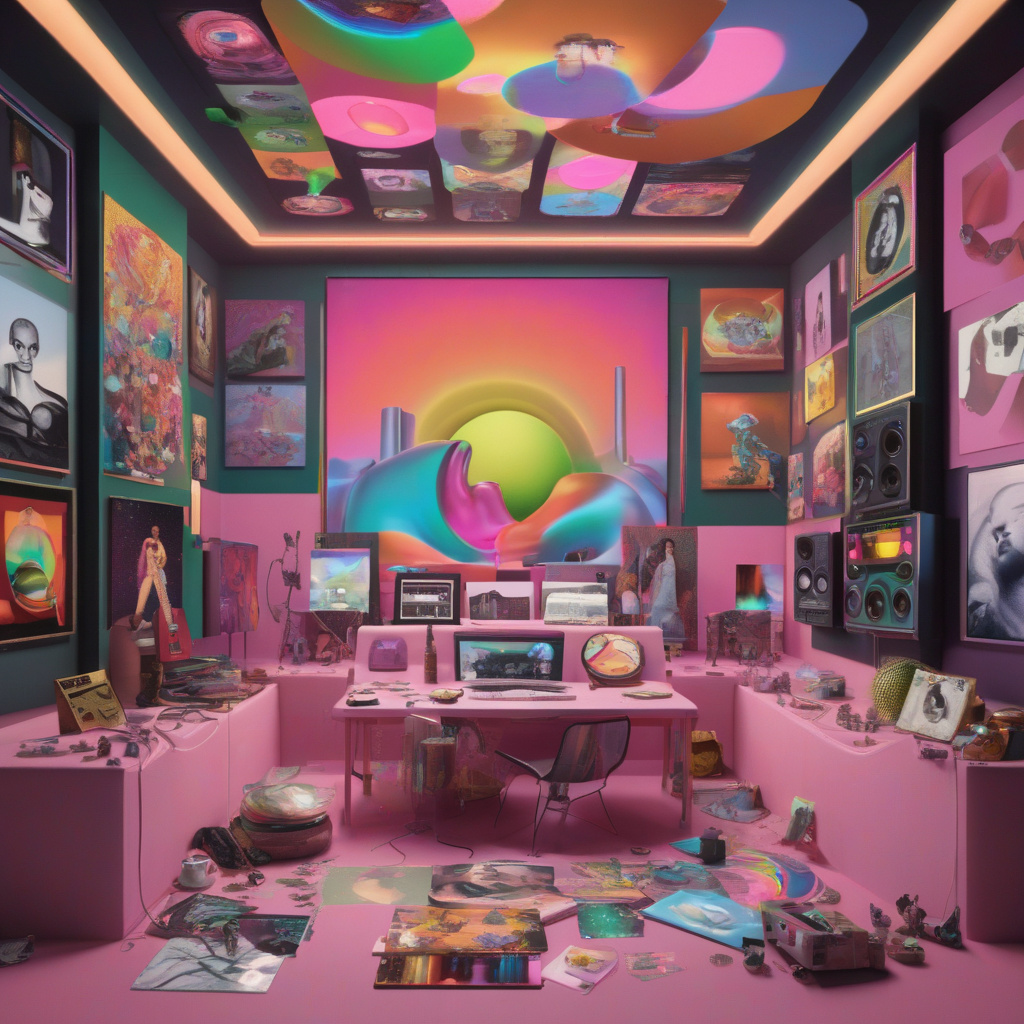In a digital age where AI reigns supreme, the music industry is not exempt from its disruptive touch. Recent findings have unveiled a staggering reality: non-existent AI artists are not only making waves on streaming platforms like Spotify but also raking in millions, overshadowing the earnings of hard-working individuals. This revelation sheds light on the evolving landscape where artificial intelligence blurs the lines between creativity and commercial success.
The emergence of AI-generated musicians topping the charts poses intriguing questions about the nature of artistry and consumer preferences. How can virtual entities, devoid of human emotions and experiences, resonate so deeply with audiences worldwide? The allure lies in the algorithms meticulously crafted to analyze trends, predict patterns, and churn out catchy tunes that cater to the masses.
Imagine a world where an AI composer seamlessly crafts melodies that captivate listeners, without the need for rest or recognition. These synthetic artists operate 24/7, continuously refining their output based on real-time data and feedback. As a result, they flood the digital airwaves with an endless stream of content, saturating the market and redefining the traditional notion of music production.
While some purists may lament the rise of AI in the creative sphere, there is no denying its impact on the industry’s bottom line. The astronomical earnings of these virtual performers underscore a fundamental shift in how we consume and value music. As AI algorithms become more sophisticated and adept at mimicking human expression, the distinction between “real” and “artificial” talent blurs, prompting a reevaluation of what constitutes artistic merit.
Moreover, the success of AI musicians on platforms like Spotify raises complex ethical and legal considerations. Who owns the rights to music created by algorithms? How do we attribute authorship and royalties in a landscape dominated by non-human entities? These pressing questions challenge established norms and demand innovative solutions to navigate the digital frontier responsibly.
As we witness the meteoric rise of non-existent AI artists in the music industry, one thing is clear: the future of creativity is intertwined with technology in ways we never imagined. While debates around authenticity and originality persist, the sheer magnitude of AI-generated music’s impact on mainstream culture cannot be ignored. As professionals in the IT and development realm, it is crucial to stay abreast of these trends and anticipate the implications they may have on our work and industries.
In conclusion, the phenomenon of AI artists amassing fortunes on platforms like Spotify serves as a compelling case study of technology’s influence on creative endeavors. As we navigate this brave new world where algorithms compose symphonies and virtual performers top the charts, let us embrace the opportunities for innovation and collaboration that arise. The fusion of art and artificial intelligence opens doors to uncharted territory, inviting us to explore the boundless possibilities that lie ahead.

